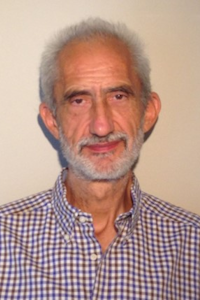
Fernando Vega-Redondo (Bocconi)
"Riot networks and the Tullock Paradox: an application to the Egyptian Arab Spring"
Abstract: We study a dynamic model of collective action -- for concreteness, we speak of a riot -- in which agents interact through, and learn from, a co-evolving social network. We consider two different scenarios. In one of them, conceived as a ``benchmark'', agents changing their behavior are assumed to be completely informed of the prevailing state (action profile and network). Instead, in the alternative scenario, agents are assumed to shape their expectations about the state through a combination of local observation and social learning (modelled à la DeGroot). In both cases we provide a complete characterization of the long-run behavior of the system. While the first assumption of complete information is common, the second one is arguably more realistic. We also show that the latter assumption leads to a substantially wider range of circumstances where collection action can be achieved, as well as major improvement in the speed at which this happens. It provides, therefore, a plausible mechanism to understand what otherwise seems a puzzle, i.e. how do very large populations attain (``coordinate on") collective action. Finally, we illustrate the empirical potential of the model by showing that it can be efficiently estimated for the so-called Egyptian Arab Spring by relying on large-scale cross sectional data from Twitter, which allows us to categorize agents' behavior and identify their network of interactions. Our estimation results indicate that, in that instance of social unrest, the local peer effect, the global conformity effect, and social learning all played a significant role in activating protest participation.
When: Friday 19th March 2021 - 2:00pm
Where: Zoom
Reading Group: Networks Webinar
